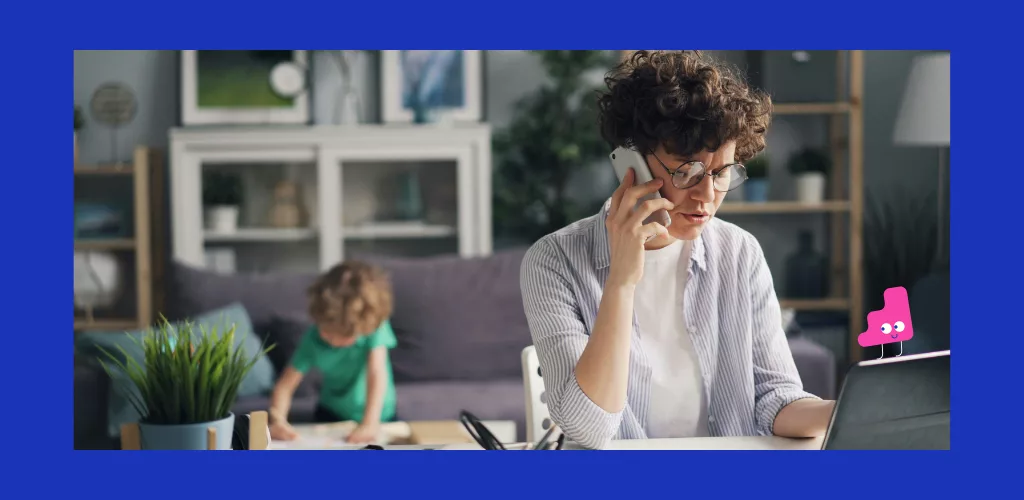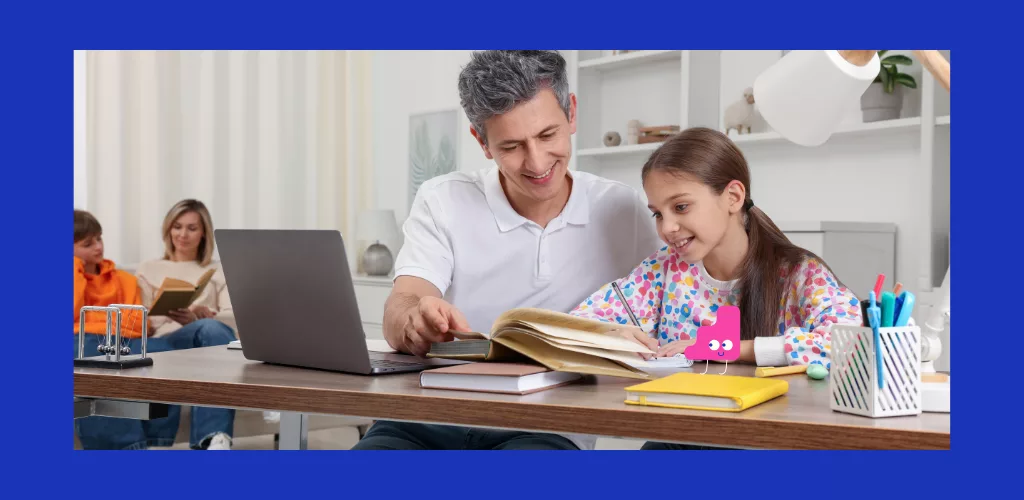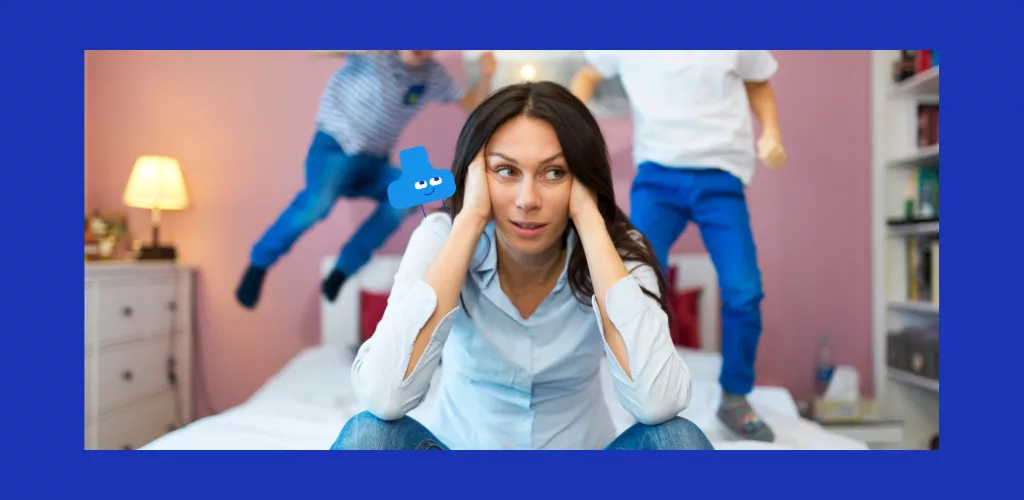Powerful words with great impact: Politeness at the heart of education
As parents, you are the first role models for your kids, and your teaching of politeness shapes their behavior now and in the future.
Why is politeness important?
Politeness is an effective conflict-avoidance technique and helps people to live together: being polite means being able to relate to others! Professor Geoffrey Leech of Lancaster University also demonstrated in 1983 that politeness is linked to social success.
Conversely, the use of rude words not only gets on our nerves, but also has deleterious effects.
💡 Did you know?
A study has shown that boys are less polite than girls (Ladegaard, 2004), and yes, girls must be exemplary...
The importance of politeness: truly magical words
When children start learning the basics of politeness, such as saying "please", "thank you" and "excuse me", they're actually learning much more than just words. They learn respect for others and the importance of being considerate and caring.
A simple "hello" can break the ice and create a positive attitude.
Formulating a request or expressing your point of view politely makes communication much easier.
Learning to thank or apologize means recognizing and getting into the habit of expressing your feelings and taking account of those of others.
Angry words
What about swear words? Of course, we know that kids can repeat vulgar words they've heard at school, on TV or even from our own mouths. Who hasn't heard "Daddy, Mommy, you said a bad word there! "
Sometimes it feels like there's nothing we can do about it... But it's essential not to give up!
The most important thing is repetition. Explain why you shouldn't use these words: respect for yourself and others, negative impact on communication, damage to self-image, perpetuation of stereotypes.
Here are a few tips to encourage politeness
👉🏻 Discuss the effects of magic words
Our "Super Poli" program starts with a "drag and drop" game on politeness rules around the world, a sorting game and a maze. These games provide a golden opportunity to start a conversation with your kid without it sounding like a lecture.
👉🏻Discuter of the effects of swearing.
Swearing can liberate us, make us laugh, and so on. But what do other people think? How do they feel? Swear words can give a bad image, shock or even hurt. Explaining the meaning and origins of insults is a tricky business, but it helps to raise awareness of the fact that swear words convey stereotypes about homosexuals and women, and to make kids more aware of their use.
👉🏻Apprendre to differentiate between interlocutors and contexts
Using swear words, just like reacting to them, depends on one's culture or sensitivity, as well as on the context. For example, saying a swear word in front of a teacher, class or parents is not the same as saying it in front of friends. Explain the use of "vous" to your kid. You can also play at rephrasing sentences in different language registers: colloquial, everyday, formal.
👉🏻Des funny little words
Together, think of ways to **express anger, frustration or disappointment in the right way. You can make a list of funny little words, like "Wednesday" or "saperlipopette" to replace the swear words.
👉🏻La swear jar
You can decide to pay a 20-cent fine for every swear word uttered in the house - or the car.
Of course, this requires you to watch your language. But don't forget that you are the best role models for your children. They watch you and absorb your attitudes and behaviors. So let's continue to shape polite, respectful and caring future citizens together!
In conclusion, by teaching politeness to our kids, we're offering them much more than a simple lesson in good manners. We're instilling in them the values they need to succeed in their personal and professional relationships, and to contribute to our society as a whole.
The Soft Kids team 🌈




0 comments